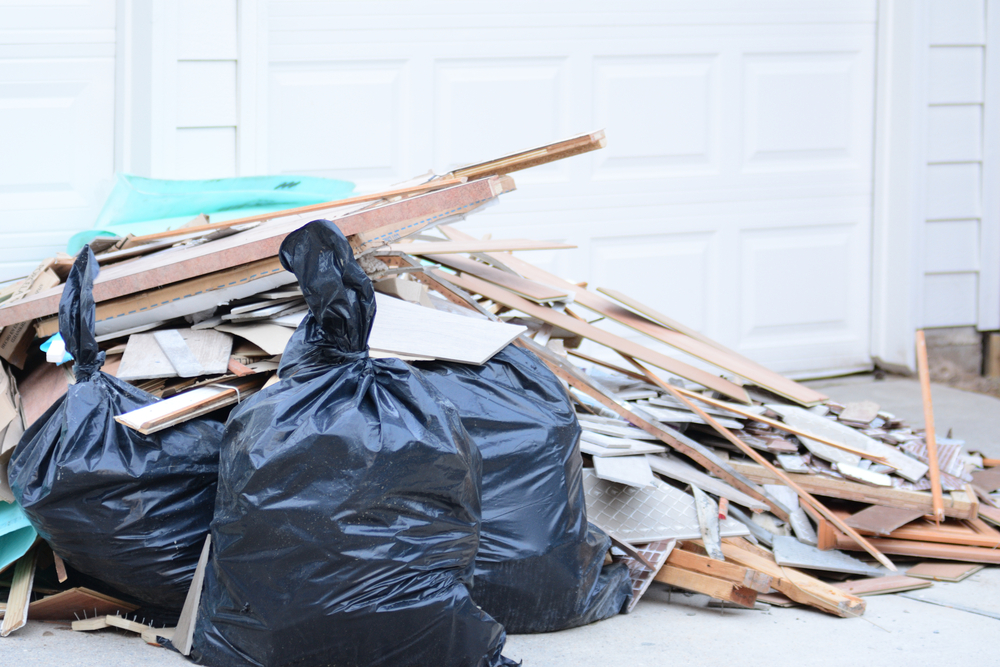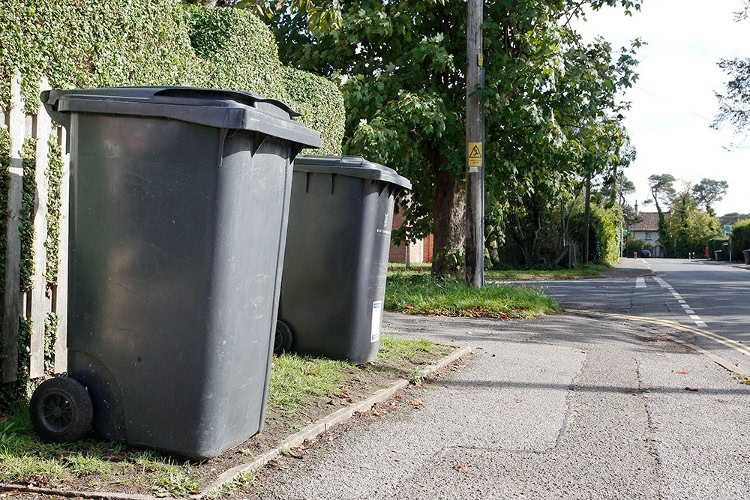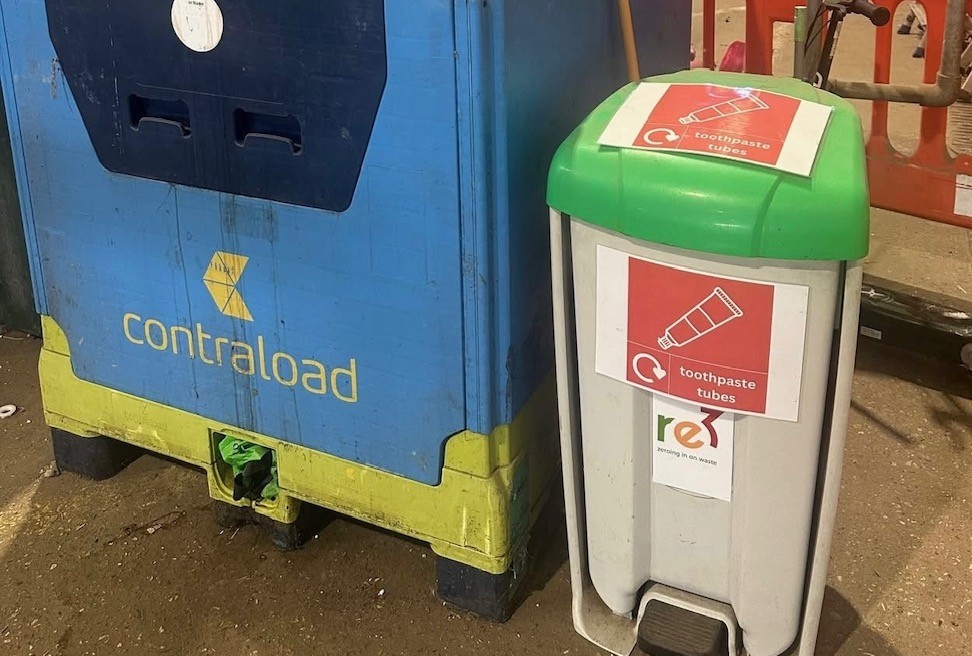This morning (11 April), the government unveiled its plans to crackdown on fly-tipping, which also included a £450,000 grant to tackle fly-tipping through trial projects, including CCTV.
However, the Local Government Association (LGA) and the Local Authority Recycling Advisory Committee (LARAC) warned that the plans will only lead to increased costs.
Councillor David Renard, environment spokesperson for the LGA said the charges help to clamp down on costly abuse of the system, and instead said manufacturers can improve recycling rates and deter fly-tipping by providing more take-back services.
John Coates, head of external affair at LARAC, warned that removing the ability to charge will mean more of the cost of dealing with fly-tipped waste will move to the taxpayer.
Response
Defra explained that there were more than 60,000 fly-tipping incidents with construction, demolition, and excavation material in 2020/21, an increase of 18% from 2019/20.
In the consultation, it has proposed banning charges on a range of DIY materials including bricks, concrete, sand and tiles.
Many authorities charge for this material as they do not have a statutory duty to collect it, and say it is difficult and expensive to dispose of.
It just moves it to the local taxpayer
– John Coates, LARAC
Cllr Renard warned that the money raised from these charges go back into services to enable councils to offer disposal services for these materials.
He said: “Councils, as the primary managers of environmental services are best placed to decide what works best for their areas.
“Money raised from charges goes back into services so councils can continue to offer disposal facilities for these materials to residents, who would otherwise find them difficult to get rid of and will ensure that the system is not abused by those seeking to dispose of trade waste for free”.
Cost
Cost concerns were also raised by LARAC’s John Coates, who told letsrecycle.com: “It is hard to comment before we have seen the proposal in detail, but it doesn’t take the cost of collecting fly-tips out of the system.
“Currently, charging for this DIY waste is a direct cost for households producing it, now everybody will have to pay.”
Booking systems
Defra also announced that it is reviewing booking systems at HWRCs over fears they discourage people from visiting them and thus increase fly-tipping.
Cllr Renard remarked that councils introduced such systems to deal with pressures and ensure social distancing compliance during the pandemic.
He said many have continued this practice “as they have found it best suits the needs of their area”.
The consultation will close on 4 July, and can be answered here.









Subscribe for free